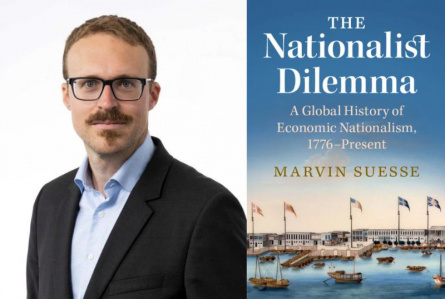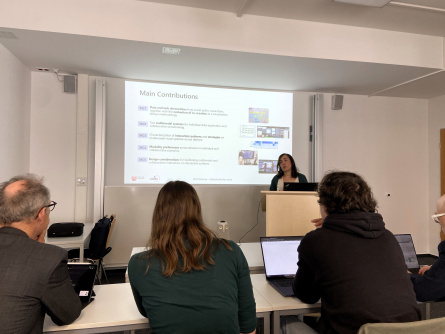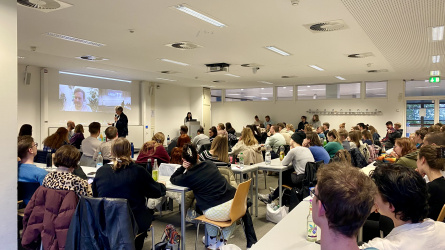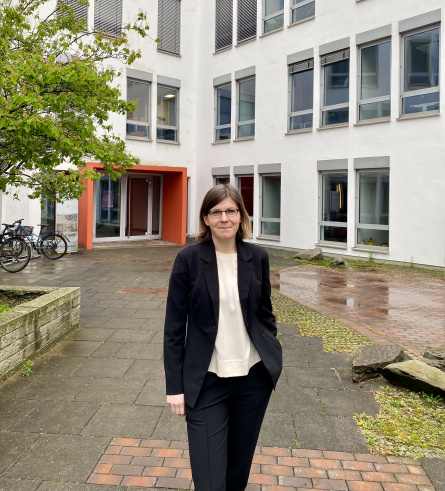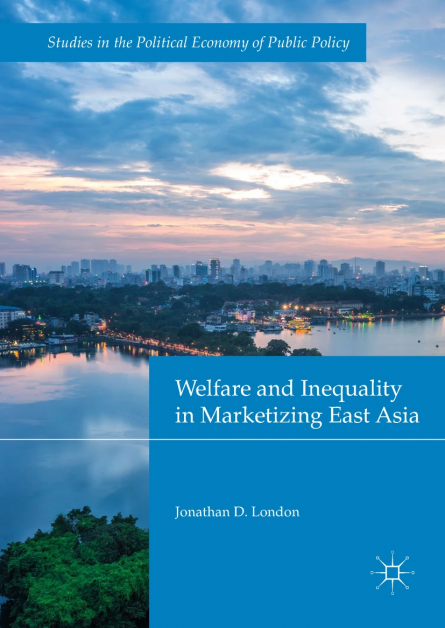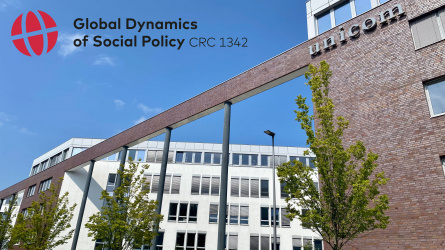
The Collaborative Research Center "Global Dynamics of Social Policy" is now on Mastodon!
You can also find the latest news about the CRC 1342 on our X-channel.
Furthermore, we also recommend the blog Social Policy Worldwide of the SOCIUM Research Center Inequality and Social Policy at the University of Bremen.
Contact:
Dr. Maximilian Hohmann
CRC 1342: Global Dynamics of Social Policy
Mary-Somerville-Straße 3
28359 Bremen
Phone: +49 421 218-57058
E-Mail: hohmann@uni-bremen.de



